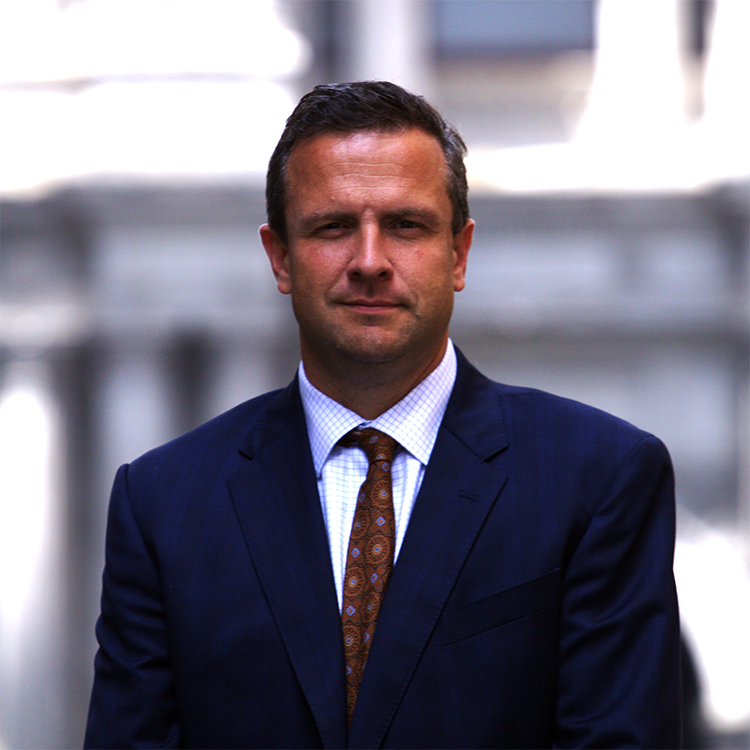Commonwealth v. C.C.

Philadelphia police alleged that after attempting to pull over a car that C.C. owned and was a passenger in, the driver and C.C. got out of the car and attempted to walk quickly away from it as police were directly behind it, causing the police to have to run to catch up with them. Based on that “suspicious behavior” and the fact that the driver was unlicensed the officers conducted a search of the car which yielded a firearm and ski masks in a bag in the back seat. As part of the defense investigation, video surveillance was recovered from a nearby bank and a fast food establishment, which showed that C.C.’s car pulled into a parking spot on Frankford Avenue a full 17 seconds before police pulled behind it with their overhead lights on. Furthermore, the video showed that neither occupant of the car attempted to walk away from the car, but had casually stepped out of the car to get something to eat. At a motion to suppress evidence alleging that the police violated C.C.’s constitutional rights, the video was presented to demonstrate the officers’ credibility. The officer, however, asserted he had a right to search the car nonetheless because the driver was unlicensed so that a search would have been permissible as an “inventory search” pursuant to the police department’s “Live Stop” policy. However, that officer was confronted by the defense with police directives prohibiting such a search when a licensed driver was present to assume control over the car. A judge agreed with the defense and suppressed the firearm from evidence, forcing the Commonwealth to withdraw all charges against C.C.







